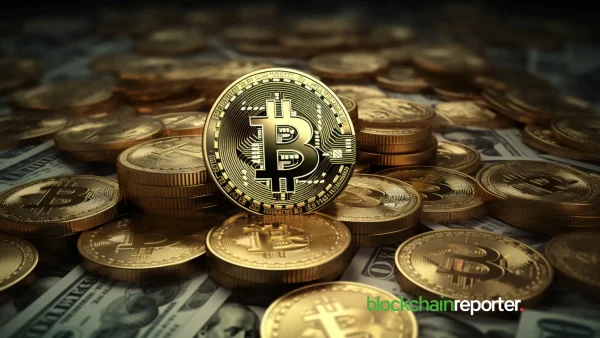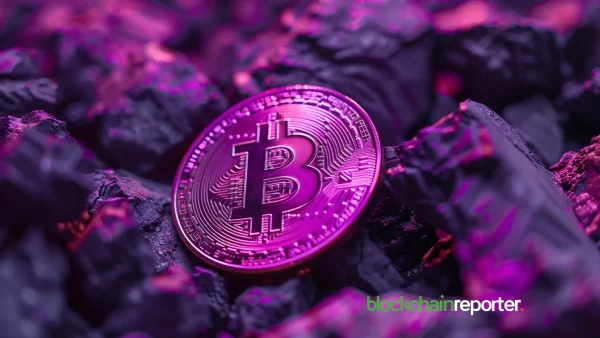
- Many traders believe there is not enough money circulating in traditional markets
- “Bitcoin is better money than dollars or pounds”, says Chambers
Clem Chambers, CEO of one investment website recently published an article on forbes.com about how he believes crypto to be the answer for the economies to operate optimally. He discusses the era before the big credit crunch, when the private sector played a huge role in the money supply department. Money is what drives the value of various assets upwards. The money that circulates in this market is created by Wall Street when they bring in new money by turning assets into liquid via securitization. Those days are gone now. Chambers state further that after the credit crisis of 2007 governments of the world took things in their own hands by replacing the private sector’s liquidity machine which is the public sector’s central bank version QE which is used to buy securities off the private sector aiming to keep the economy stable.
‘Is there enough money to tackle inflation?’
Chambers discusses the fact that private sector systems are not perfect; they break down sometimes. The public sector is also chronically inefficient and wrong for extended periods. While the private sector can collapse, the public sector can also be useless and inaccurate for lengthy amounts of time. Seeing how Japan has not been able to have the right level of inflation for a long time now as it runs on the said setup. He feels there actually isn’t enough money flowing into the system to achieve liquidity. Inflation is caused basically by too much money circulating the market and the fact that current inflation is really low suggests that there isn’t enough money circulating the market. He tells us that “Low growth, Low inflation is the curse of developed economies, one that would seem to be a good use for old fashioned ‘more money’ ”.
Bitcoin to the rescue
Further he tells us that the government needs to accept the fact there is not enough liquidity. He states that at some point “Cryptocurrencies” come into play:
“Federal reserve drains billions of dollars, no doubt levered up in the economy, from the system every week. As it doesn’t seem this trend will be halted let alone reversed any time soon, there is going to be a big pressure on the private sector to find proxies. That at some point is going to be Cryptocurrencies.”
He says that adoption of the Cryptocurrencies may seem to be a farfetched idea but the progress it made in the last three years is not to be ignored. He tells us that even if many consider ‘Bitcoin’ to not be money he assures us that he has used it as money on various occasions. He also calls it “better money than dollars or pound” because of its fast transaction speeds, cheap transaction fees internationally and the high level of security. He expects a Bitcoin breakout soon and a 2500$ Bitcoin bottom, hoping this will the next chapter of the crypto story and how it’ll impact our daily lives.
Concluding the article he says:
“If Bitcoin can’t go to zero, it must rise and if the governments of the world won’t create enough money to give the right amount of inflation and growth, crypto is a mechanism where the economy can once again, via the private sector, create a float of token money it needs to operate optimally.”









